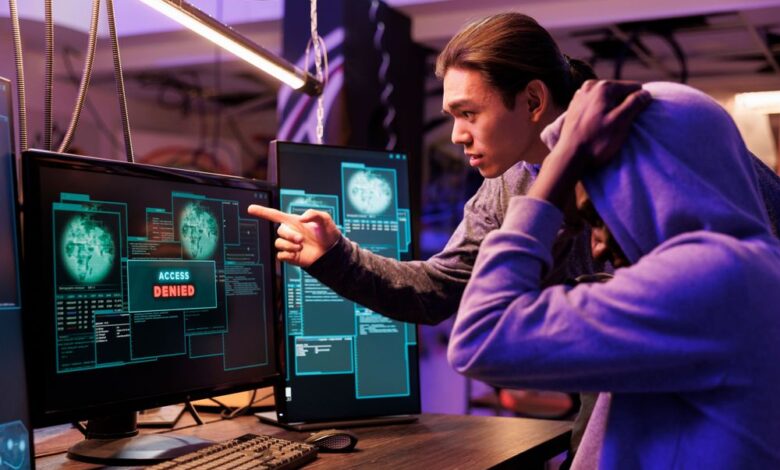Cybersecurity and AI Concerns Rise Amid Global Technological Challenges

The digital era has ushered in unprecedented advancements, but with these strides come significant challenges that test the resilience of global technological infrastructures. High-profile cyberattacks have exposed the vulnerabilities of major corporations, signaling a red alert for industries reliant on digital technology. A notable disruption in the insurance claims processing of UnitedHealth Group Incorporated, caused by the notorious BlackHat ransomware group, serves as a stark reminder of the persistent threats in cyberspace. In a similar vein, Microsoft Corporation’s encounter with a Russian hacker gang has raised serious concerns about the security of widely-used software products, emphasizing the critical need for fortified cybersecurity measures.
Amidst the tumultuous landscape of digital security, the arena of artificial intelligence (AI) is also witnessing its share of contention. Microsoft has voiced apprehensions to EU antitrust regulators about Google’s potential to monopolize the generative AI market. The tech behemoth’s extensive data resources and specialized AI chips are seen as formidable advantages that could hinder fair competition. Microsoft’s strategic investment in OpenAI, creators of the groundbreaking ChatGPT, underscores its commitment to fostering a competitive landscape that encourages innovation and thwarts the rise of monopolistic practices within the AI sector.
The discourse extends beyond cybersecurity and AI to encompass the broader economic repercussions of technological progress. The contrast between command economies and market-driven systems is stark, with the former often grappling with inefficiencies in worker motivation and market responsiveness. Market economies, on the other hand, thrive on competition and technological innovation, though they may sometimes fall short in leveraging economies of scale. China’s unique blend of state intervention and private enterprise has propelled its economic ascent post-reforms and World Trade Organization membership. Meanwhile, the United States presents a scenario of less regulated industries, where sectors like real estate are susceptible to malpractices and the tech industry, as evidenced by the Microsoft antitrust case, faces its own set of legal hurdles.
The recent cybersecurity incidents at UnitedHealth Group Incorporated and Microsoft Corporation have cast a spotlight on the urgent need for robust digital defense mechanisms. The debate surrounding AI, particularly Microsoft’s stance on Google’s market dominance, underscores the intricate dynamics of maintaining a competitive edge in a fast-paced technological environment. The juxtaposition of different economic models offers insights into the varied approaches nations take to address technological and economic challenges. In a world that continues to evolve and confront these complex issues, the imperative for secure, competitive and well-regulated technological ecosystems is more critical than ever.
Source link



